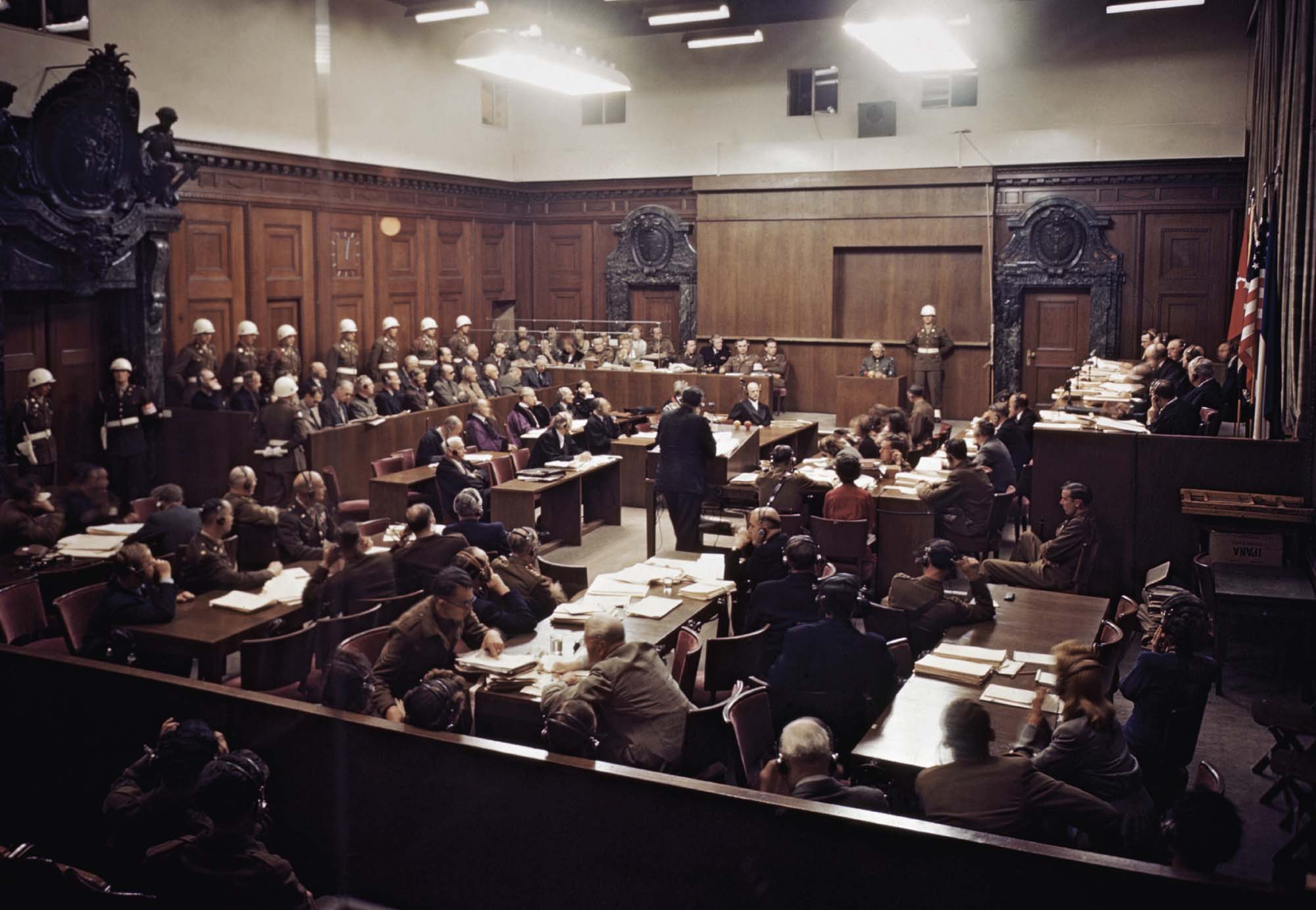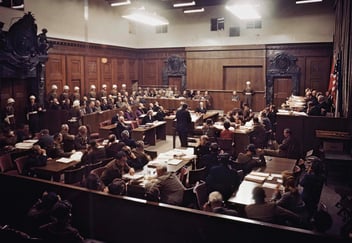In every age, there is a narrative—crafted with care, repeated with fervor, and accepted with little question. It weaves itself into the fabric of society, becoming the lens through which humanity views its progress and purpose. The Fourth Industrial Revolution, the Great Reset, and the rise of technocratic governance represent the most elaborate narrative of our time. Yet beneath the surface lies a deception so profound that its exposure shakes the foundation of modern civilization.
Ahmad, in the High Court of Malaya, framed his case not only as a legal battle but as a moral imperative. The narrative of progress, he argued, had become a weapon—one wielded with precision to shape minds, control lives, and silence dissent. This was not progress; it was manipulation, cloaked in the language of innovation.
The Anatomy of a Lie
Ahmad began with the premise that deception thrives on half-truths. The Fourth Industrial Revolution (4IR), he argued, was sold as the solution to humanity’s greatest challenges: poverty, inequality, and environmental degradation. It promised a world where technology would bridge divides and bring prosperity to all. But these promises, Ahmad contended, were a veil—a narrative crafted to obscure the consolidation of power.
He recounted how stakeholders of the 4IR extolled its virtues, portraying it as an era of enlightenment. Artificial intelligence would liberate humanity from mundane tasks, genetic engineering would eradicate disease, and the Internet of Things would connect the world in seamless harmony. “But,” Ahmad asked, “who controls this harmony, and at what cost?”
The courtroom grew still as Ahmad unveiled the mechanisms of control embedded within these innovations. Biometric currencies tied economic survival to compliance; digital identification systems turned basic rights into privileges granted by the state; and predictive algorithms monitored, nudged, and manipulated behavior in ways unseen but deeply felt. “Progress,” Ahmad declared, “has been weaponized.”
The Fourth Estate Compromised
Ahmad’s arguments extended beyond technology to the institutions tasked with safeguarding truth. He highlighted how media, academia, and even governments had been co-opted to perpetuate the narrative of the 4IR. Public discourse, once a forum for diverse ideas, had become an echo chamber, amplifying the voices of a few while silencing dissenting views.
He cited examples of journalists censored, researchers blacklisted, and citizens ostracized for questioning the motives of global elites. He spoke of whistleblowers whose warnings about surveillance technologies were dismissed as paranoia, only to be proven prescient years later.
The Court listened as Ahmad described the systematic erosion of free speech under the guise of combating misinformation. “When truth becomes a threat,” he said, “those in power will label it as a lie.”
Stakeholder Capitalism: A New Hegemony
Central to Ahmad’s case was the concept of stakeholder capitalism, championed as the solution to capitalism’s flaws. But Ahmad exposed it as a rebranding of control—a system where multinational corporations wielded influence over every aspect of human life.
In this model, Ahmad argued, individuals were no longer citizens with rights but stakeholders with conditional privileges. Decisions once made by elected representatives were now dictated by private entities, accountable not to the public but to their shareholders. He described how environmental, social, and governance (ESG) metrics, hailed as tools for sustainability, were being weaponized to enforce conformity.
“This is not governance,” Ahmad asserted. “It is hegemony, masquerading as collaboration.”
The Great Reset: A Faustian Bargain
Ahmad’s critique of the Great Reset was uncompromising. He argued that it represented the culmination of decades of social and economic engineering—a vision of a world where individuality was sacrificed for collective efficiency.
He described a society where ownership was obsolete, privacy was a relic, and freedom was conditional. Central Bank Digital Currencies (CBDCs), tied to biometric data, allowed governments to monitor and control every transaction. Smart cities, marketed as havens of innovation, became surveillance hubs, tracking every movement and decision.
Ahmad drew parallels to historical moments when humanity had faced similar bargains. “We have been here before,” he reminded the Court. “The promise of safety at the expense of freedom, the allure of convenience at the cost of autonomy—these are not new tactics. But this time, the stakes are existential.”
The Silent Revolution
Ahmad’s most chilling argument was that this deception had not been imposed but embraced. The Great Reset, he contended, was not a coup but a silent revolution—a gradual shift in values, engineered through propaganda, education, and technology.
He recounted how terms like “digital transformation” and “sustainable development” had become mantras, their true implications hidden behind layers of rhetoric. He described how fear—of pandemics, climate change, and economic collapse—had been weaponized to justify unprecedented control.
“This is not a conspiracy,” Ahmad said, his voice firm. “It is a strategy. And its success depends on our willingness to trade our sovereignty for a sense of security.”
A Call to Awareness
As Ahmad concluded his arguments, he left the Court with a challenge: to question the narratives that had come to define modern life. “Progress,” he said, “must serve humanity, not enslave it. And justice demands that we distinguish between genuine innovation and manipulation.”
The gavel struck, signaling the end of the session. But Ahmad’s words lingered in the minds of those present. They were a call to awareness—a reminder that deception, no matter how sophisticated, could not withstand the scrutiny of truth.
In the chapters that follow, the battle will shift from the courtroom to the streets, exploring the rise of movements resisting the Great Reset and reclaiming the principles of fitrah. But for now, the task is clear: to see the shadow of progress for what it is and to resist the allure of its false light.




